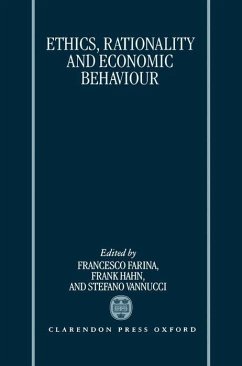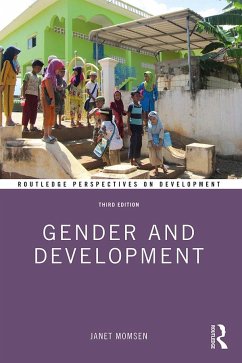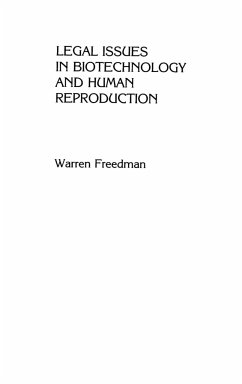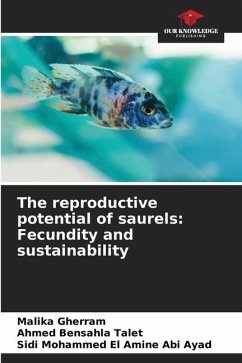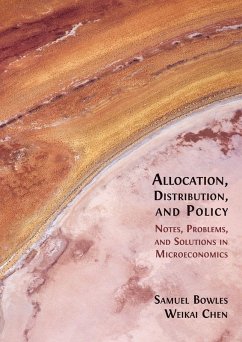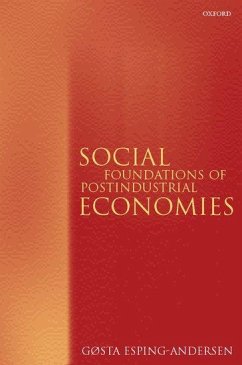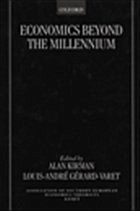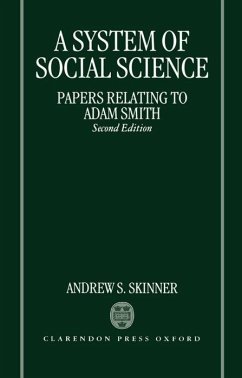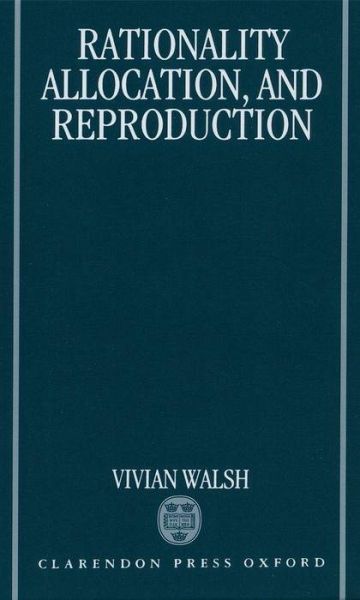
Rationality, Allocation, and Reproduction
Versandkostenfrei!
Versandfertig in 1-2 Wochen
226,99 €
inkl. MwSt.

PAYBACK Punkte
113 °P sammeln!
He argues that the current intellectual climate, which has moved away from formalism, necessitates the reexamination of the concepts of rationality which scholars and policy-makers, many of whom were not economists, were ready to adopt directly or indirectly from economic theory in the recent past. The final two chapters are intended to contrast sharply with the rest of the book. They offer a readable and minimally technical account of the much smaller role played by the concept of rational choice in the work of a present-day school which derives from the eighteenth- and nineteenth-century classical economists.
When the tern 'rational' is used in formal economic theory, a strict definition is implicit. This strict definition cannot accommodate the complexities of our everyday ideas of what is rational. The concept of rationality that is embedded in our language is not a morally neutral one. It has always been believed possible to argue rationally about the worthiness of goals, the legitimacy of claims to rights, the existence of obligations or duties. Outside the discussions of the social sciences, argument concerning the rationality of a choice or action is never a purely technical, value-free discourse. This book is devoted to an examination of the limitations of the various formulations and interpretations of the concept of rationality which has been developed by economic theorists. It presents a series of challenges to the formal (axiomatic) concept of rationality. This concept has spread from economics and decision theory through the social sciences and policy studies. It forms the implicit foundation for the pronouncements of policy-makers, whose recommendations can seriously affect the society and environment in which we live.



